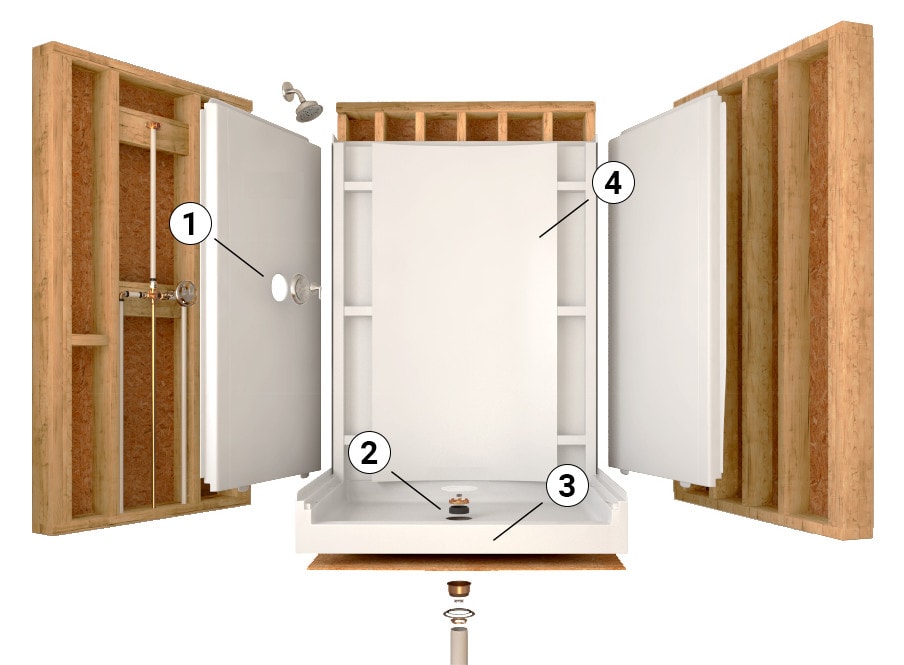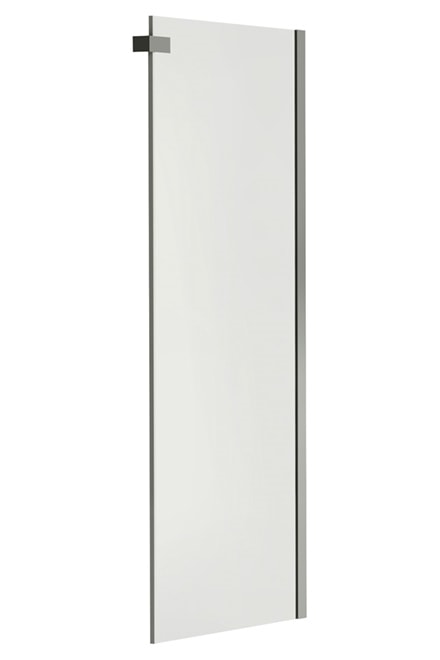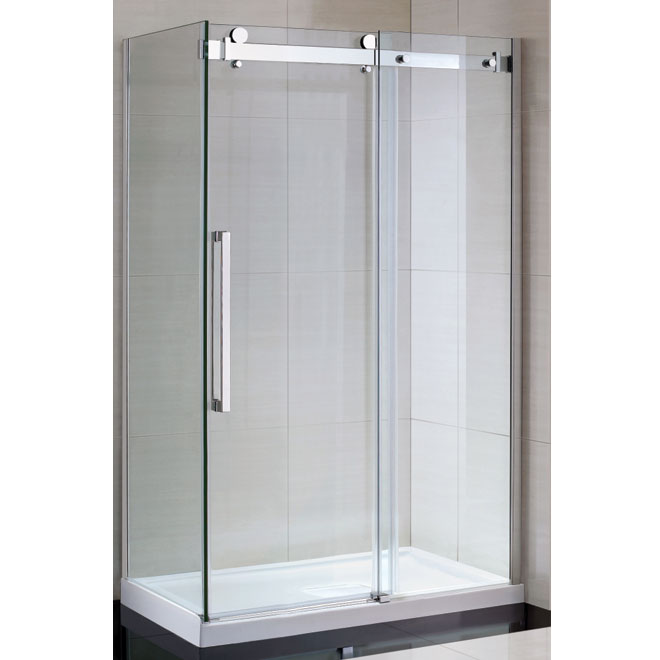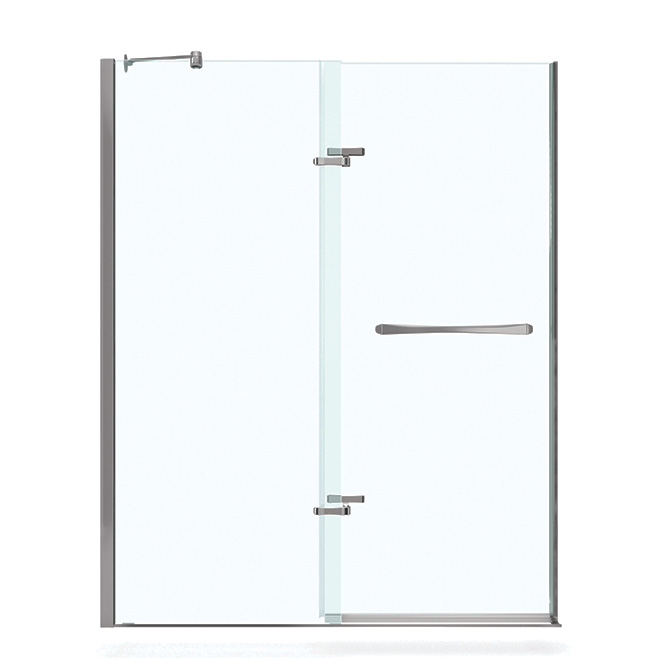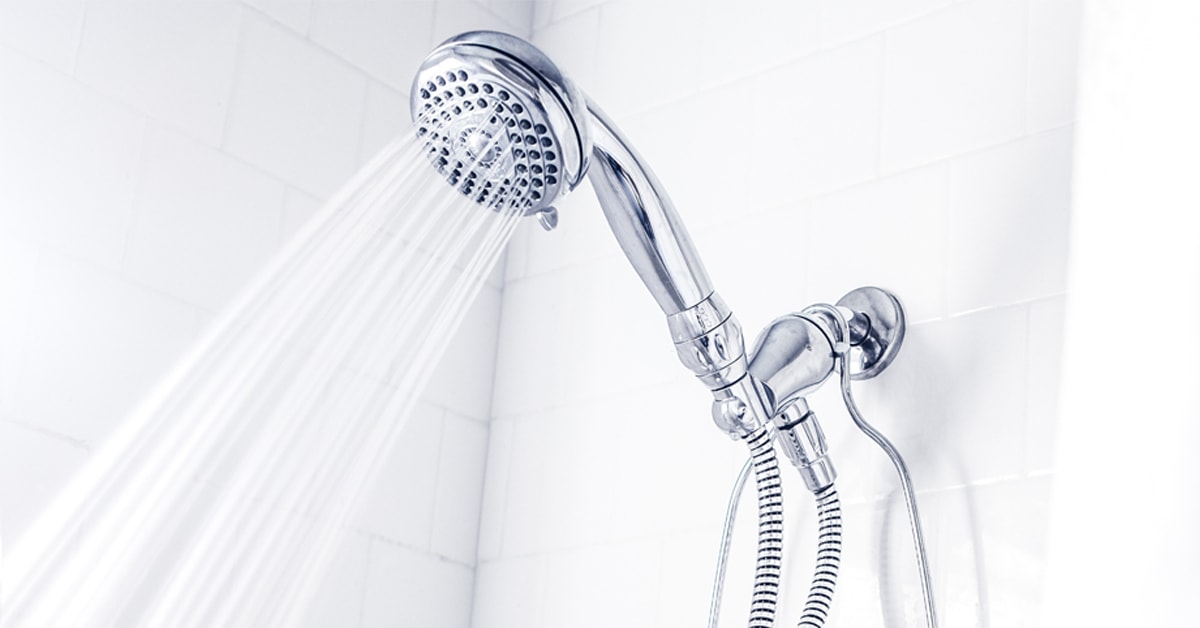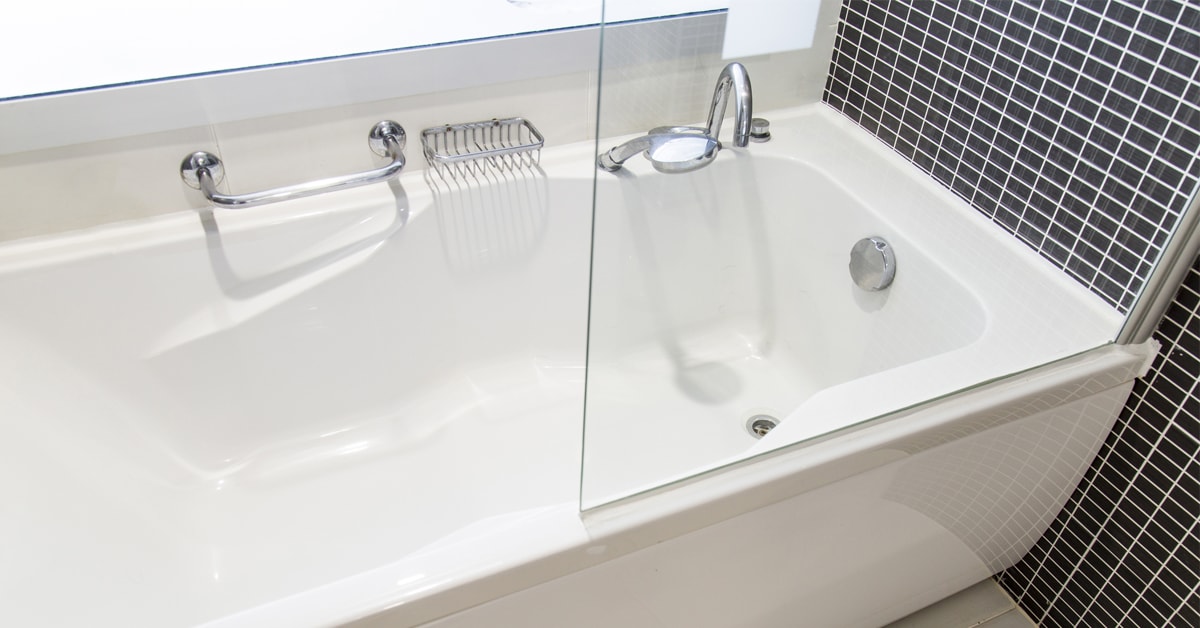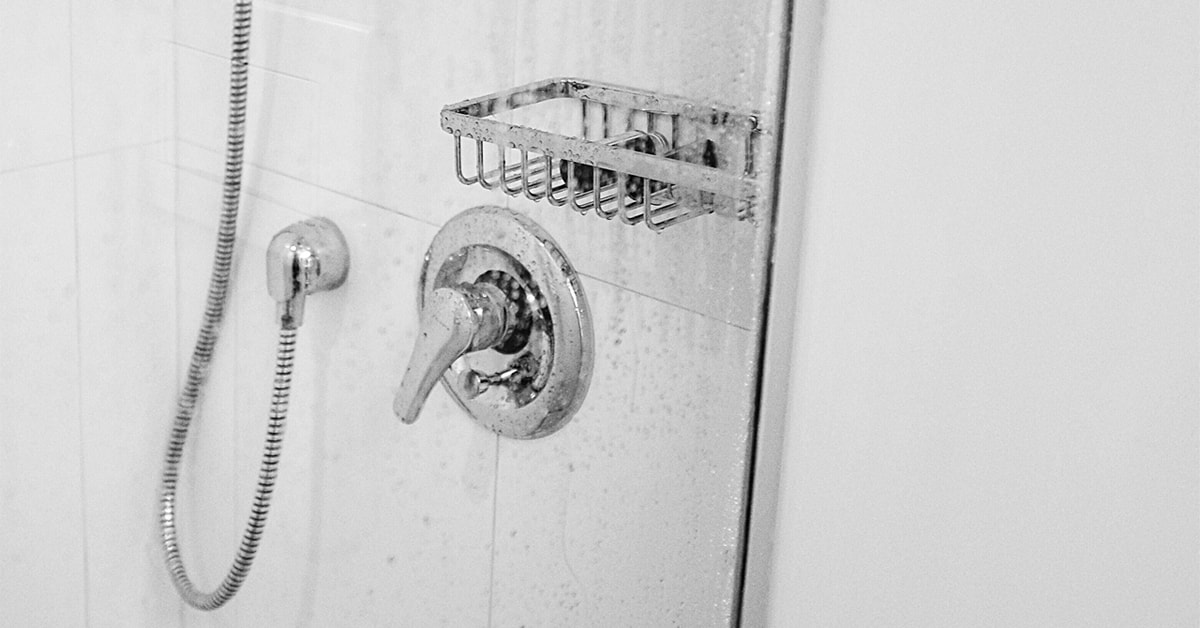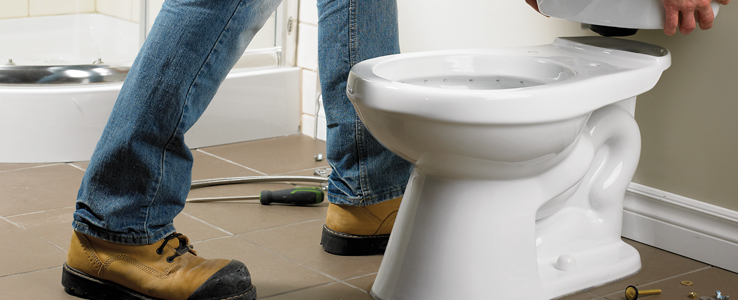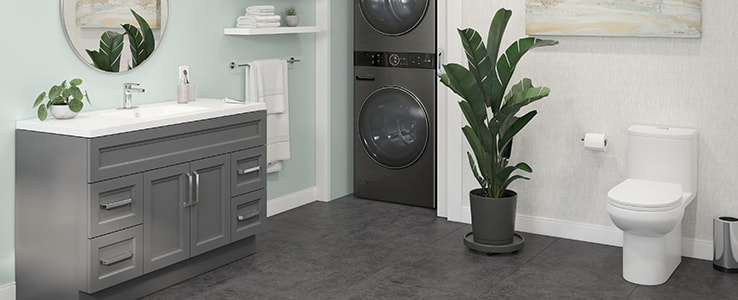Shower types
Bathrooms and washrooms have undergone a transformation over the last decades, evolving from a purely utilitarian space into a room devoted to relaxation.
Showers can be divided into four main categories:
- One-piece showers
- Modular showers
- Traditional shower cabins
- Tiled showers
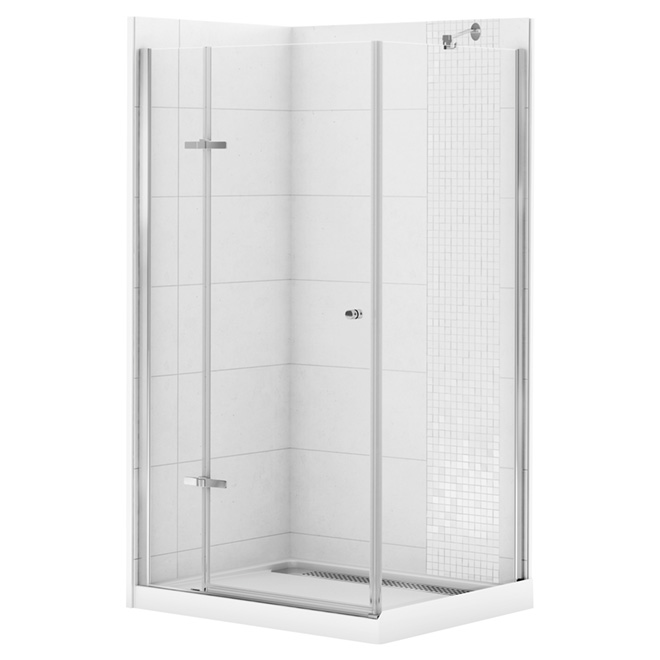
Corner Showers
Various shapes exist:
- Square
- Round
- Curved
- Neo-angle
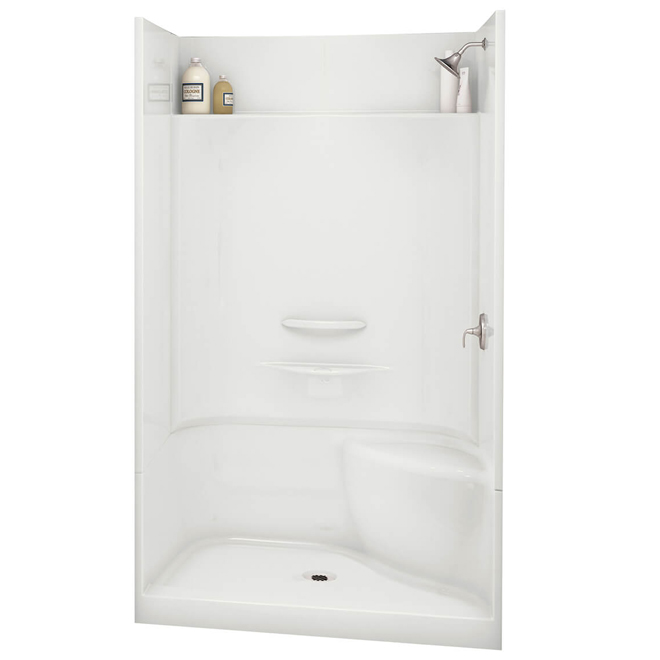
Modular Showers for an Alcove Location
Rectangular models are more spacious and add a sense of luxury to large bathrooms, whereas square designs are well suited to smaller bathrooms.
A rectangular shower can take the place of an alcove bathtub, since they are the same size, as well as an old shower, without having to invest too much time or money.
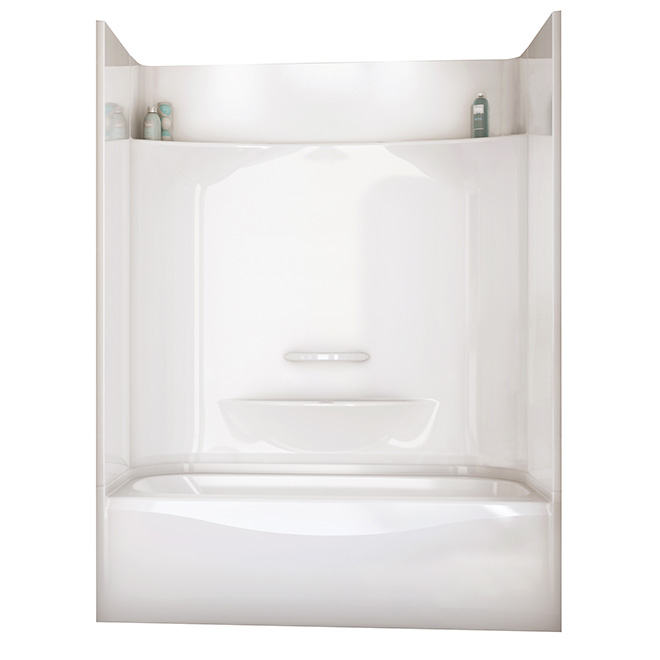
Bathtub Showers
It is also possible to keep an existing tub and cover the surrounding walls with waterproof panels that will accommodate a shower fitting.
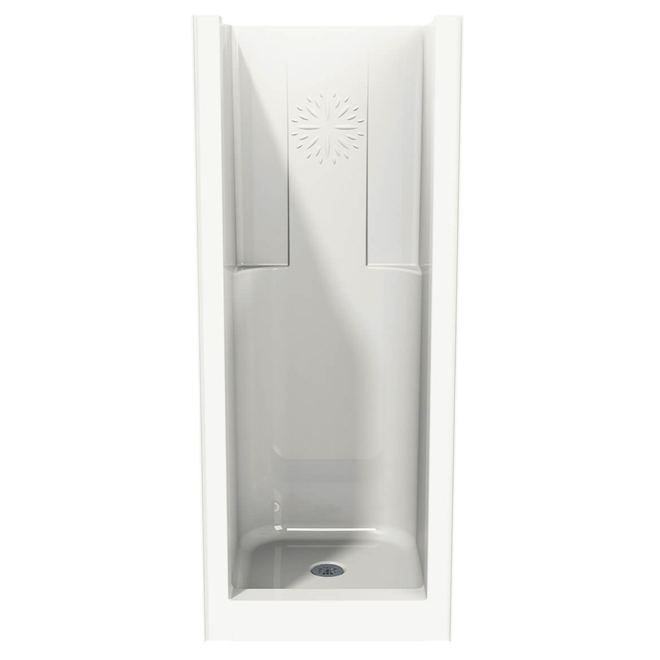
One-Piece Showers
Installing a one-piece shower may be more difficult than installing a modular shower, especially in a tight space, because no adjusting is possible.

Freestanding Showers
Various shower bases can be used – modular, acrylic, tile-ready, etc.
Some tempered-glass shower walls are completely watertight, which means the shower can be installed just about anywhere (depending on the location of the drain and water supply lines).

Shower Walls
The walls are easy to install. However, it is important to ensure that they are securely anchored to the bathroom walls and that these are waterproof. To complete the installation, the seams of the modular elements are caulked.
You may opt to install a shower kit with a base, walls, and a door.
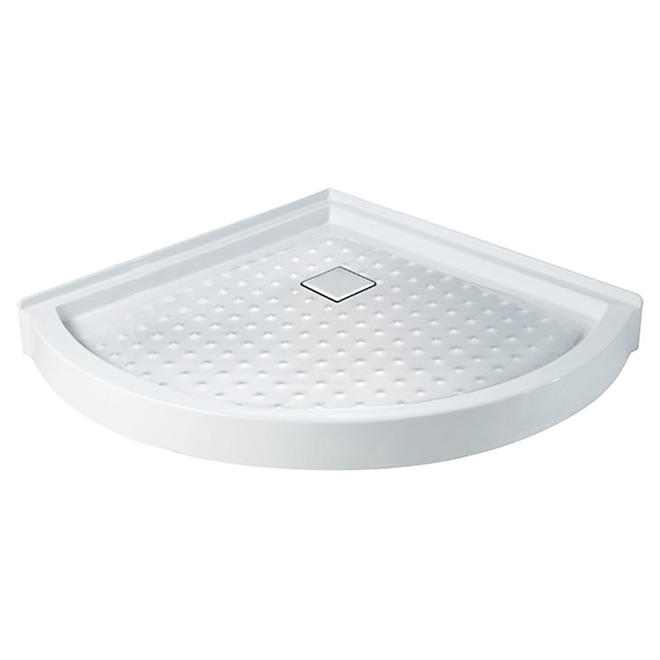
Shower Bases
How the shower pan is placed depends on the position of the drain. Installation is quite straightforward. The subfloor must be level and sturdy, and of course, the pan installation must be watertight.









